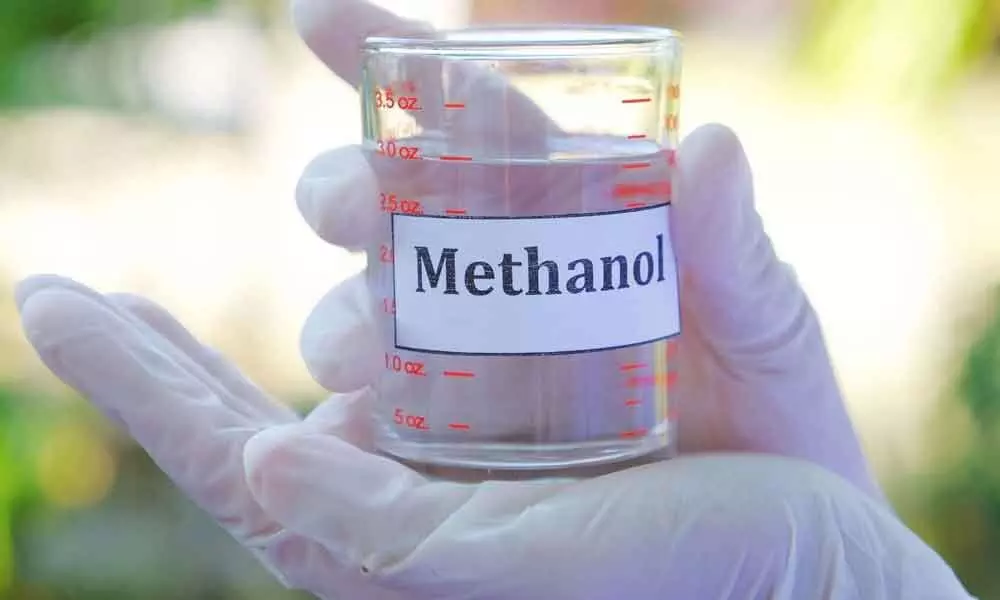Betting big on methanol: Way to go!

Betting big on methanol: Way to go!
Methanol is a low carbon, hydrogen carrier fuel produced from high ash coal, agricultural residue, CO2 from thermal power plants and natural gas.
Methanol is a low carbon, hydrogen carrier fuel produced from high ash coal, agricultural residue, CO2 from thermal power plants and natural gas. It is the best pathway for meeting India's commitment to the Paris Climate Conference.
NITI Aayog's 'Methanol Economy' programme is aimed at reducing India's oil import bill, greenhouse gas (GHG) emissions, and converting coal reserves and municipal solid waste into methanol.
Although slightly lower in energy content than petrol and diesel, methanol can replace both these fuels in the transport sector, energy sector and retail cooking (replacing LPG partially). Blending of 15% methanol in gasoline can result in at least 15% reduction in the import of gasoline/crude oil.
In addition, this would bring down GHG emissions by 20%. The Methanol Economy will also create close to 5 million jobs through methanol production/application and distribution services. Additionally, Rs 6,000 crore can be saved annually by blending 20% DME (Di-methyl Ether) in LPG.
This will help the consumer in saving between Rs 50-100 per cylinder.
Several measures are being adopted by the government now. The Bureau of Indian Standards has notified 20% DME blending with LPG, and a notification for other blends has been issued. Test standards and plans for the blends are being developed in consultation with Indian Oil Corporation, Automotive Research Association of India and Society of Indian Automobile Manufacturers.
Railways is working towards blending methanol in the range of 5-2% through direct fuel injection in locomotives.
In 2018, Assam Petrochemicals launched Asia's first canister-based methanol cooking fuel programme. Methanol stoves can result in at least 20% savings for households. After the success of the pilot, the methanol cooking programme was scaled up to 1,00,000 households in the States of Uttar Pradesh, Maharashtra, Gujarat, Telangana, Andhra Pradesh, Goa, Karnataka, Jharkhand and Manipur.
Five methanol plants based on high ash coal, five DME plants, and one natural gas-based methanol production plant with a capacity of 20 MMT/annum, in a joint venture with Israel, have been planned. Three boats and seven cargo vessels are being built by Cochin Shipyard Limited for Inland Waterways Authority of India to use methanol as a marine fuel.
The world is predominantly dependent on fossil fuels for its energy requirements. Fossil fuels are non-renewable sources where stored energy is released through combustion, such as coal, natural gas, petroleum and they account for almost 80% of energy used worldwide.
Other sources like solar and electrical energy are also emerging as alternative energy sources to support our manufacturing and transportation needs.
Globally, people now are coming to terms with the fact that not only are they dependent on a finite fuel energy source when it comes to fossil fuels, extensive usage and its side-effects are causing irreparable damage to human life and health.
It must also be appreciated that fuels that are positioned as alternatives to fossil fuels are unlikely to replace gasoline and diesel completely anytime soon. But there is criticism of the government's policy too that the roadmap abandons a focus on second-generation biofuels in favour of using maize, rice, sugarcane and other food crops as feedstocks for ethanol production. A balancing act is the need of the hour.










